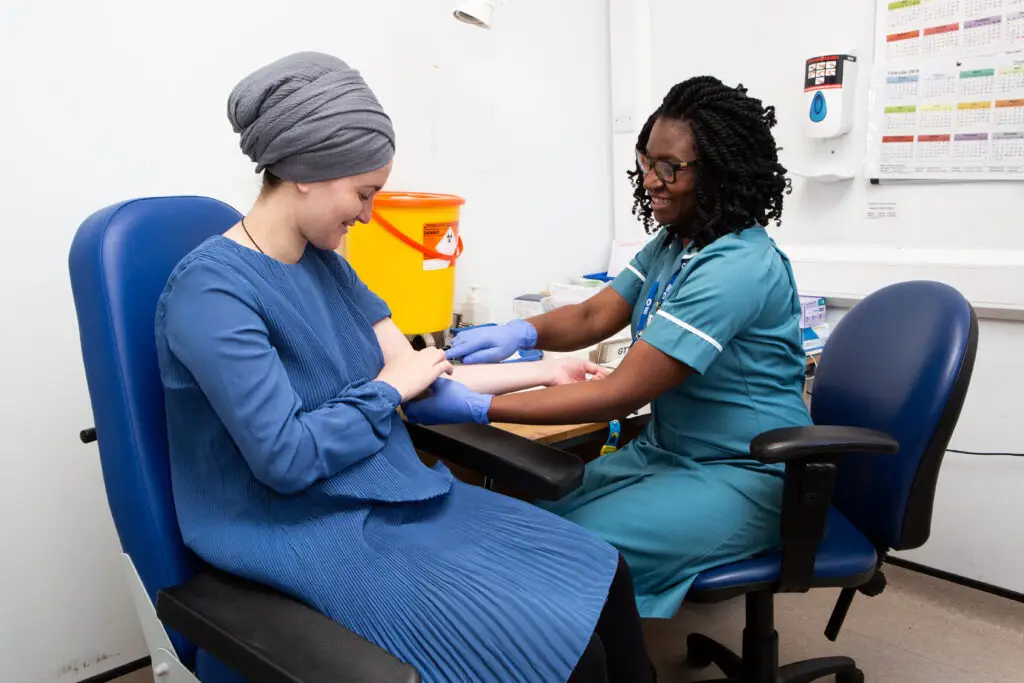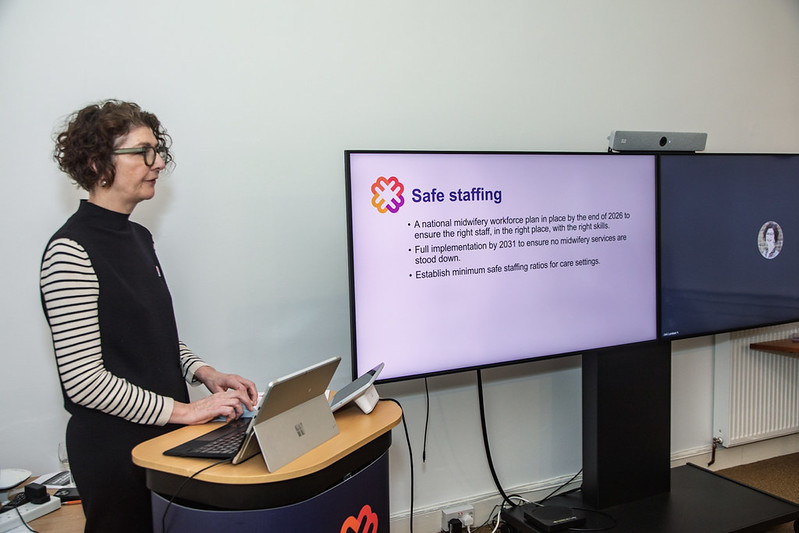The Royal College of Midwives (RCM) is calling for migrant women to receive adequate language support, including translation services, and access to maternity care via multiple routes when they need it.
The call comes as MBRRACE-UK published its State of the Nation report on the maternity care recent migrant women receive, which found that just one in 25 (4%) mother-baby pairs received care graded as ‘Good’. Under a quarter of women (24%) received antenatal care in line with national guidance.
Commenting on the report, RCM Chief Executive, Gill Walton said:
“Vulnerable pregnant women need appropriate and effective care, and there can be few who are as vulnerable as recent migrants. Getting the basics, like access to interpretation services and translated materials, right can have a significant impact on recently arrived migrant women’s access to maternity services. In spite of this, we know these needs simply are not being met. This must be addressed, and with urgency.”
For its part, the RCM has already produced guidance for midwives and maternity support workers to meet the needs of migrant women. This includes workforce and service planning that takes into account the particular needs of migrant women, the proviso that pregnant migrant women are not relocated during a protected time and that this time is extended to start at 20 weeks gestation. Charging regulations should also be revoked as they impact negatively on the health and wellbeing of vulnerable migrant women and their babies.
One of the RCM’s priorities is to identify the needs of migrant women and to support midwives to address not only health and wellbeing, but also social complexity To help facilitate this, the College has developed the Maternity Disadvantage Assessment Tool (MatDAT) not only to ensure women receive the right care, but also the right support from other agencies. The MatDAT is a standardised tool for assessing social complexity and will also provide a helpful scoring system for midwives to identify individual women’s needs, on a scale of one, for those ‘thriving’ with no mental or physical health issues and good family support, to four, for those women and families at risk of immediate harm, and who have an acute level of unmet complex needs and safeguarding issues that require urgent intervention.
In another intervention, in its recent submission to the consultation on the NHS 10-year plan, the College called for greater investment in translation services within the NHS to ensure women receive appropriate care and to improve safeguarding.
In addition, the RCM has partnered with The Royal College of Obstetricians and Gynaecologists and Maternity Action to release an updated Access Guide, which aims to add clarity to the current regulations and guidance and offers ways in which policy and practise at Trust level can be improved.
ENDS
For interview requests and to contact the RCM Media Office call 020 7312 3456, or email media@rcm.org.uk
NOTES TO EDITORS
- Read the RCM’s position statement here Decolonising practice in midwifery – Royal College of Midwives.
- The updated Access Guide can be found here.
- More information on the MatDAT tool can be found here.
The Royal College of Midwives (RCM) is the only trade union and professional association dedicated to serving midwifery and the whole midwifery team. We provide workplace advice and support, professional and clinical guidance, and information, and learning opportunities with our broad range of events, conferences, and online resources. For more information visit the RCM | A professional organisation and trade union dedicated to serving the whole midwifery team.


